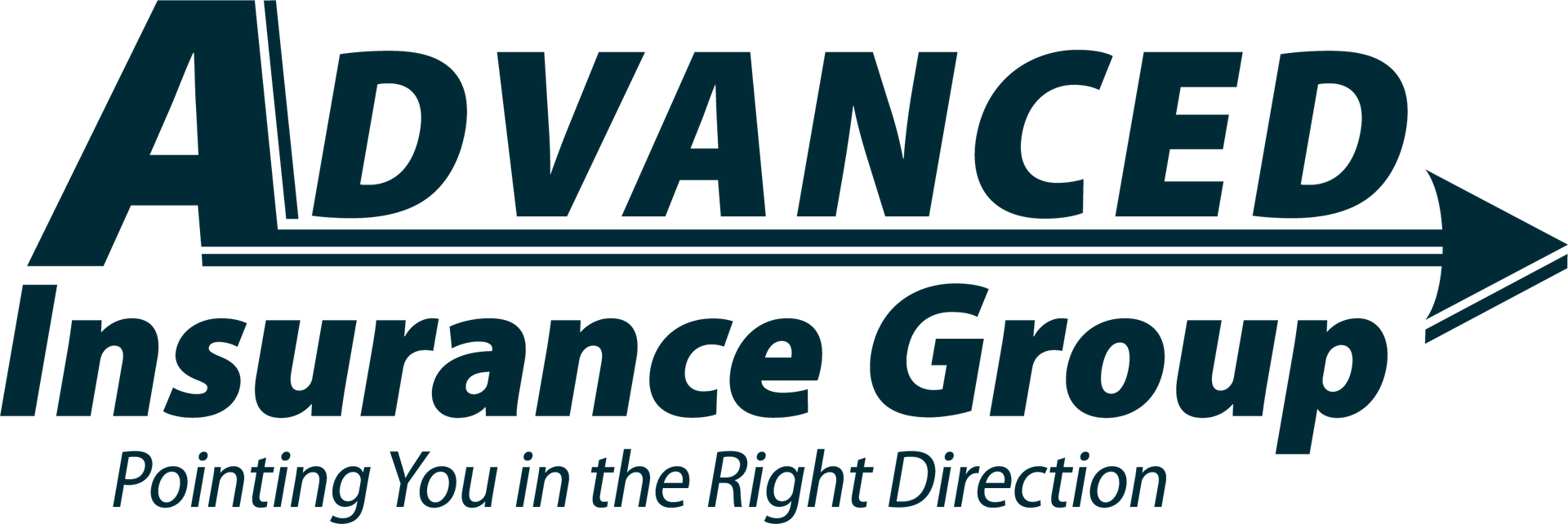Individualized Strategy
We’re here to guide, support, and advocate for you—every step of the way.
Medicare, Made Clear
At Advanced Insurance Group, we make Medicare EASY by walking you through the options and enrollment steps. Whether you’re in Kerrville, the Hill Country, or anywhere across Texas, our licensed Medicare agents explain what you need to know, when you need to act, and how to choose the plan that fits your health, lifestyle, and budget.
We offer one-on-one guidance for:
- Understanding eligibility (including turning 65 or qualifying through disability)
- Avoiding costly enrollment mistakes
- Comparing Medicare Advantage vs. Original Medicare
- Reviewing your options each year during Annual Enrollment
Just Turned 65?
We’ll help you understand your Medicare eligibility window and what to do first.
Need Prescription Coverage?
Learn how Part D plans work and why annual reviews matter.
Gaps in Your Medicare?
Explore Medigap supplement plans that help pay what Original Medicare doesn’t.
Prefer an All-in-One Plan?
Medicare Advantage (Part C) combines hospital, doctor, and drug coverage in one.

